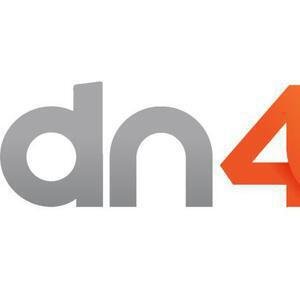- The Social Security Administration reversed course on in-person identity checks for recipients, allowing phone applications instead. The change follows widespread criticism.
- The Trump administration initially mandated in-person checks, sparking concerns for those with limited mobility or access to offices.
- The agency postponed implementation until April 14 to provide employee training on updated procedures.
Full Story
The Social Security Administration (SSA) has postponed a recent identity verification rule and will limit who it affects after pushback from Congress, advocates and the public.
The agency announced Wednesday, March 26, that the rule—originally set to take effect March 31 — will now begin April 14 and only apply to certain benefit categories.
This move is part of a broader push to curb fraud within the agency, which distributes benefits to over 73 million Americans.
Who will the new policy affect?
The updated policy requires in-person identity verification only for those applying for retirement, survivorship or family benefits who are unable to verify their identity online.
Applicants for disability benefits, Medicare and Supplemental Security Income can still complete claims over the phone.
The SSA will make exceptions for individuals in extreme dire-need situations, including those with terminal illnesses.
What prompted the change?
Acting Commissioner Lee Dudek said the agency revised the policy after listening to feedback from lawmakers, advocacy groups and the public. He added that the two-week delay will give the agency time to train staff and refine procedures.
Dudek acknowledged that the agency is operating under pressure from the White House to act quickly. He also noted that disability and Medicare applicants have additional opportunities to verify their identity later in the claims process.
What are the concerns?
Advocates have warned the in-person requirement could create barriers for vulnerable populations, especially seniors and people with disabilities who may not be able to travel or access field offices.
Nancy LeaMond, AARP’s chief advocacy officer, said that even with the delay, the policy could still force people to travel long distances just to file paperwork.
Critics also said the changes come at a time when the SSA is already facing staff cuts and office closures, which could overwhelm remaining field offices.
A separate rule change — barring people from updating bank account information over the phone — could also increase foot traffic. However, whether that rule will take effect as planned on Saturday, March 29 remains unclear.
Has the agency made other reversals?
Since taking over in February, Dudek has made several abrupt policy shifts.
Earlier this month, he reversed a decision to end a program that allows newborns to be issued Social Security numbers at hospitals. He later admitted he ended the program after being frustrated with Maine’s Democratic governor over a White House visit.
Last week, Dudek briefly suggested he would shut down the agency following a court ruling temporarily blocking the Department of Government Efficiency — an Elon Musk-led initiative — from accessing Social Security data.
He later walked back that threat after receiving clarification from the judge.
What’s next for Social Security leadership?
The changes come as the agency faces growing scrutiny.
Trump’s nominee to lead the SSA, Frank Bisignano, was questioned in a Senate confirmation hearing this week about office closures and DOGE’s influence on agency operations.
Bisignano, a financial services executive, said he supports efficiency reforms but denied any intent to privatize the program.



































